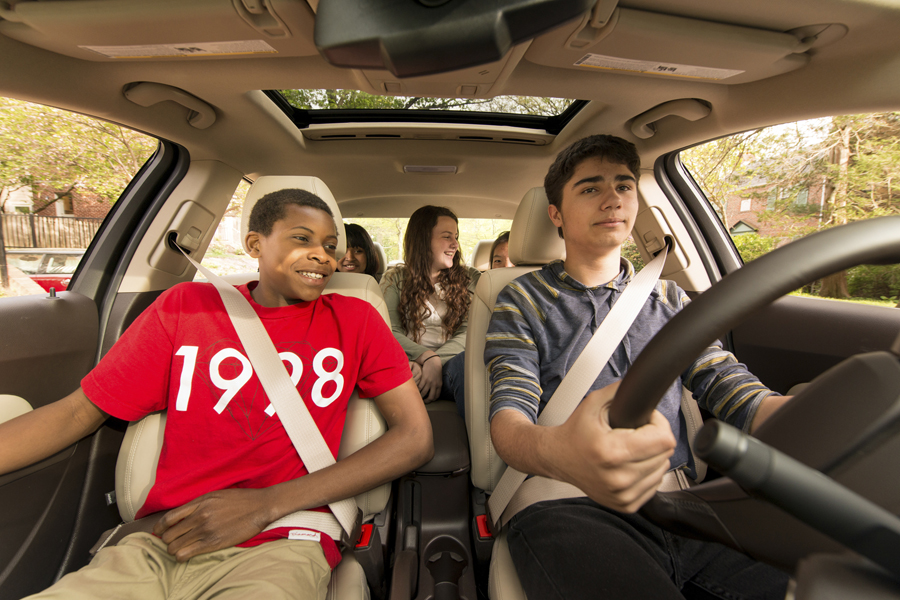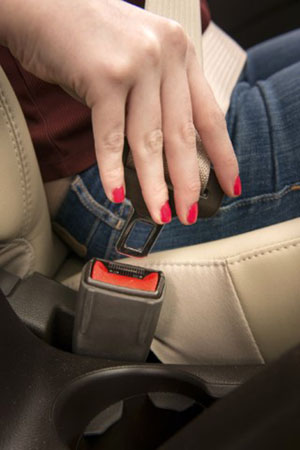Children’s Safety Program says new report underscores importance of buckling up

Published in June by Safe Kids Worldwide, “Teens in Cars” is an effort to find ways to reduce the number of teens killed in cars, currently about 2,500 per year. In half of the fatal crashes the teen was not wearing a seat belt.

“We need to encourage everyone to buckle up on every ride, every time,” said Elizabeth Foster, manager of the Safety and Community Outreach program at Children’s of Mississippi, the health system anchored by Batson Children’s Hospital and the lead agency for Safe Kids Mississippi.
The report is based on answers gathered in a national survey of 1,000 teen passengers and drivers ages 13 to 19 and looks at why they aren’t buckling up, what their distracted driving habits are and how they behave when they feel unsafe in a car.
Foster and her staff, along with community partners, have been tackling the problem in Mississippi through a monthly Drivers IMPACT (Improving Motor-Vehicle Practices Among Community Teens) class designed to educate teens on the skills needed to be safe drivers and the realities of driving dangerously. Nearly 300 teenagers have participated in this program since 2011.

“It only takes one time to forget to buckle up for a life to be changed forever,” Foster said.
Foster points to Safe Kids Mississippi volunteer and fellow advocate Cassandra Reed of Vicksburg as a prime example. Reed lost her daughter, Acasia Lee, to a crash in 2012. Acasia had just received her license a week prior to her fatal accident.
“I thought I had given her all the tools she needed to be a safe driver, but she chose not to wear her seat belt that morning and that choice ended her life,” Reed said. “Teenagers think they are invincible, but in the wake of day and sleep of night, we need to know that our children have been taught, rehearsed, performed, and ingrained with the tools of driving responsibly and the consequences of not.”
Some key findings of the report include:
• One in four teens surveyed said they don’t use a seat belt on every ride.
• The top reasons they gave for not buckling up were that they forgot or it was not a habit (34 percent), they were not going far (16 percent), or the seat belt was not comfortable (11 percent).
• Thirty-nine percent of teens said they have ridden with a teen driver who was texting.
• Forty-three percent of teens reported riding as a passenger with a teen driver who was talking on a phone.
• Forty-nine percent of teens in the survey reported feeling concerned for their safety when riding with a teen driver.
• When in a car with someone driving dangerously, only four in ten teens said they asked the driver to stop, but almost the same number said they did nothing.
Of note, says Foster, is that while many people associate texting and driving or distracted driving with teen motor vehicle crash fatalities, “simply wearing a seatbelt can save their life.”
To read a copy of the full report, visit https://www.safekids.org/listing/research-report


